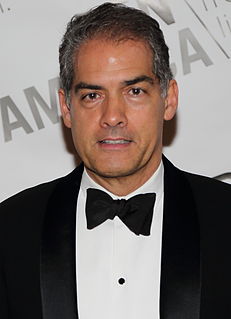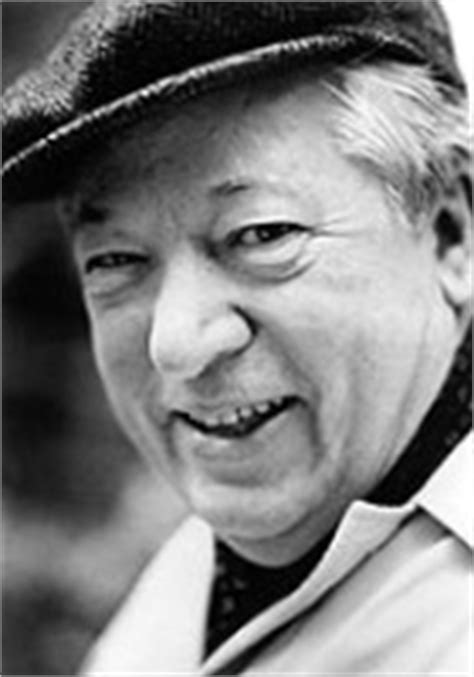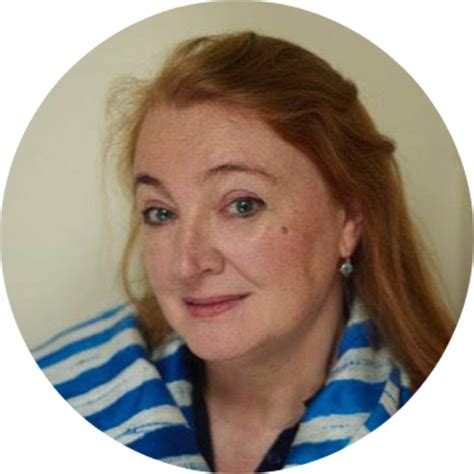A Quote by Maurice Sendak
I do not remember any proper children's books in my childhood. I was not exposed to them.
Related Quotes
It's enough for you to do it once for a few men to remember you. But if you do it year after year, then many people remember you and they tell it to their children, and their children and grandchildren remember and, if it concerns books, they can read them. And if it's good enough, it will last as long as there are human beings.
I think I'm still fed by my childhood experience of reading, even though obviously I'm reading many books now and a lot of them are books for children but I feel like childhood reading is this magic window and there's something that you sort of carry for the rest of your life when a book has really changed you as a kid, or affected you, or even made you recognize something about yourself.
My daughter is seven, and some of the other second-grade parents complain that their children don't read for pleasure. When I visit their homes, the children's rooms are crammed with expensive books, but the parent's rooms are empty. Those children do not see their parents reading, as I did every day of my childhood. By contrast, when I walk into an apartment with books on the shelves, books on the bedside tables, books on the floor, and books on the toilet tank, then I know what I would see if I opened the door that says 'PRIVATE--GROWNUPS KEEP OUT': a child sprawled on the bed, reading.
For my own children, I do want for them to look back and remember that it was me in the kitchen, that I was doing the packed lunches, that we were there on the school run, that we did take a bus. I want them to remember those things, because those are the things that I remember from my own childhood and that have been incredibly important to me.
Kids not only need to read a lot but they need lots of books they can read right at their fingertips.They also need access to books that entice them, attract them to reading. Schools...can make it easy and unrisky for children to take books home for the evening or weekend by worrying less about losing books to children and more about losing children to illiteracy.
A house without books is like a room without windows. No man has a right to bring up his children without surrounding them with books, if he has the means to buy them. It is a wrong to his family. He cheats them! Children learn to read by being in the presence of books. The love of knowledge comes with reading and grows upon it.
Dance. Dance for the joy and breath of childhood. Dance for all children, including that child who is still somewhere entombed beneath the responsibility and skepticism of adulthood. Embrace the moment before it escapes from our grasp. For the only promise of childhood, of any childhood, is that it will someday end. And in the end, we must ask ourselves what we have given our children to take its place. And is it enough?






































